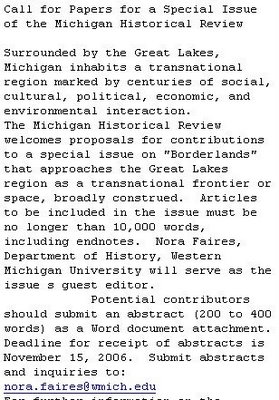Creeping Normalcy
Fact is, we've been watching the American republic slowly dissolve itself for years, its moral compass and credibility vanish like so much hot gas, its vaunted Bill of Rights as good as toilet paper. Maybe we're all becoming inured to it. There's a phrase for this: "creeping normalcy". Creeping normalcy is when torture as official policy was anathema five years ago, but is seen now a reasonable extension of state policy. Creeping normalcy is abolishing the writ of habeas corpus --- a legal procedure which has served as well though war, flood and famine since the promulgation of the Magna Charta --- on the basis of national security. Creeping normalcy is is looking at the CNN home page (Headline as I write this: "Police: School Shooter Asked for Girls by Name.") and seeing nothing of this bill passing through Congress.
Robert over at My Blagh has it exactly right:
If Americans don't open up a can of whoopass on their government over this then they deserve exactly what they're getting. If a million Americans don't get themselves a brick and hurl it through the window of a government building in the next day or two in order to send a message that they're mad as hell and won't take it anymore, then they deserve exactly what they're getting. If tens of millions of Americans don't bring the nation to a standstill sometime in the next week to signal that they will not go quietly into the night, then they deserve exactly what they are getting.The trouble is that millions of Americans won't take to the streets. There will be a bit of a ruffle for the next news cycle or two, and that will be about it. Till the next time. Meanwhile the Great Republic has taken another step on the merry road to fascism --- but don't you worry about it: the Christmas shopping season is just around the corner, you know.
The lack of any real response from the American people, apart from handwringing, is in truth the most disturbing aspect of this. One could draw several conclusions from this: a) they don't care, b) they don't know, c) they approve.
How reassuring for the rest of the world. How good to know too, that the most pro-American government we've had in years is taking notes from George Bush's playbook.







